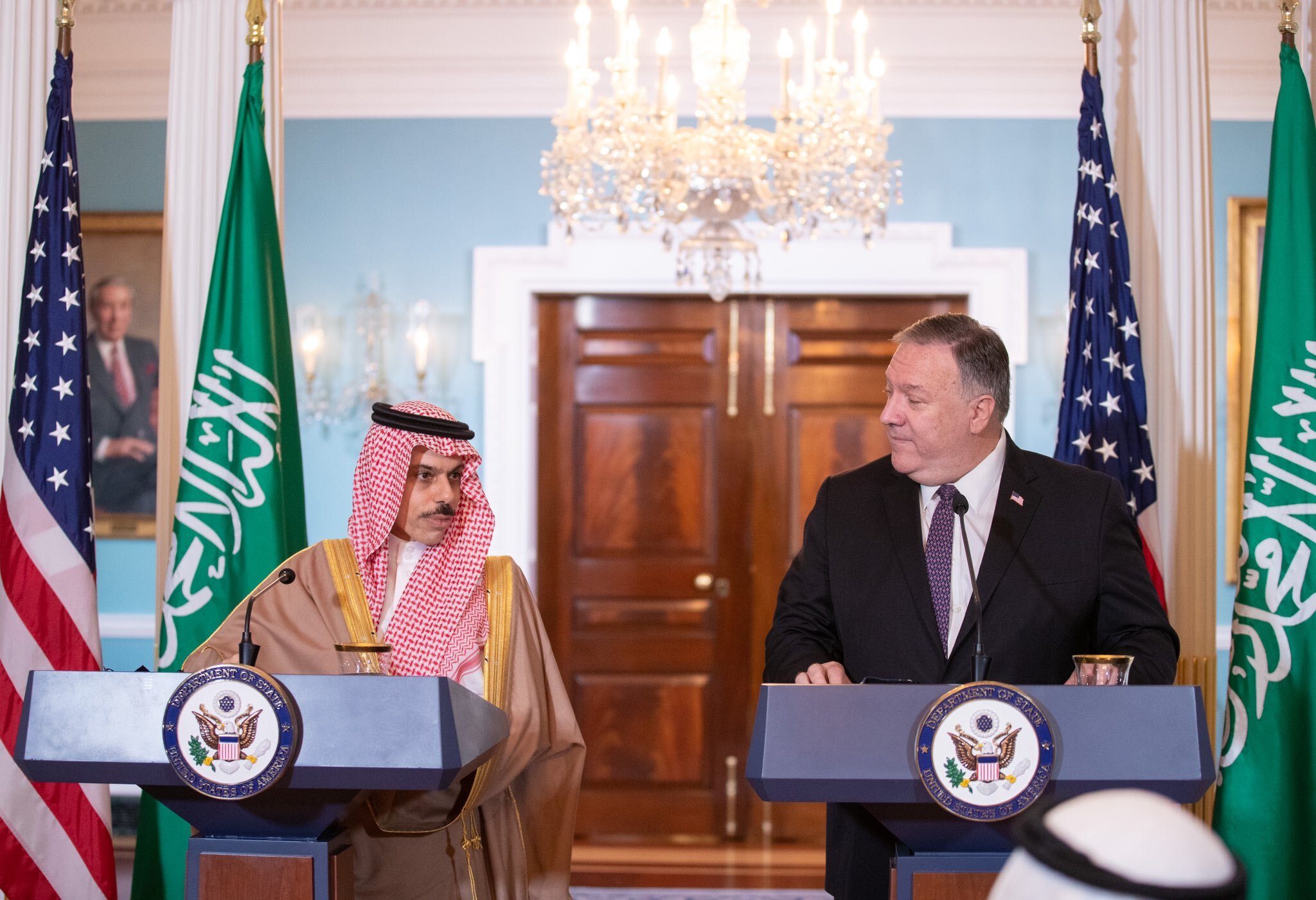Riyadh’s top diplomat stated that he believed the end of the rift will be in the ‘relatively near future’.
Saudi’s Foreign Minister, Prince Faisal bin Farhan, stated that his country is “committed to finding a solution” to the three-year-long Gulf crisis triggered by his country’s blockade of Qatar.
His statement came during a virtual event hosted by the Washington Institute for Near East Policy, a US based think-tank, on Thursday.
“We continue to be willing to engage with our Qatari brothers, and we hope that they are as committed to that engagement,” said bin Farhan. “But we do need to address the legitimate security concerns of the quartet and I think there is a path toward that.”
Although he failed to clarify what exactly those “security concerns” were, Riyadh has in the past accused Doha of sponsorring terrorism, yet failed to provide any evidence.
While the statements seemed to be hopeful, they did not indicate a change in Saudi’s position according to analysts.
“In the same discussion, the minister eluded to the fact that any change of the status quo would still be linked to Qatar abiding by the demands of the quartet,” said Dr. Majed Al-Ansari, Assistant Professor of Political Sociology at Qatar University.
Read also: US official claims Qatar blockade to end ‘in weeks’
Saudi’s statement also comes following previous remarks by a US representative.
Last month, David Schenker, assistant secretary of Near Eastern affairs at the US Department of State, said the illegal land, air and sea blockade imposed on Qatar could come to an end ‘within weeks’.
“I don’t want to get into the whole diplomacy in it but there is some movement. I would like to say that it’s going to be a matter of weeks,” Schenker claimed.
The Trump administration has been pushing to end the Saudi-led blockade on Qatar despite initiating it. This comes as part of what seem to be Trump’s efforts to political and diplomatic wins ahead of November’s election.
“Trump would like to record yet another pr accomplishment abroad before the election, which he will use as a win against Iran alongside normalisation,” said Dr. Al-Ansari.
In 2017, Saudi Arabia, the UAE, Bahrain, and Egypt announced a full air, land and sea blockade on Qatar, creating an obstacle for its imports and limiting its aviation’s movement.
Qatar was asked to accept 13 demands when the blockade was announced, many of which Doha said would mean giving up its political sovereignty and independence.
“From Qatar’s perspective, the official position remains unchanged, open to negotiations without preconditions and refuse any demands that harm the sovereignty of the state or meddle in the internal affairs of Qatar,” said Dr. Al-Ansari.
Follow Doha News on Twitter, Instagram, Facebook and Youtube







